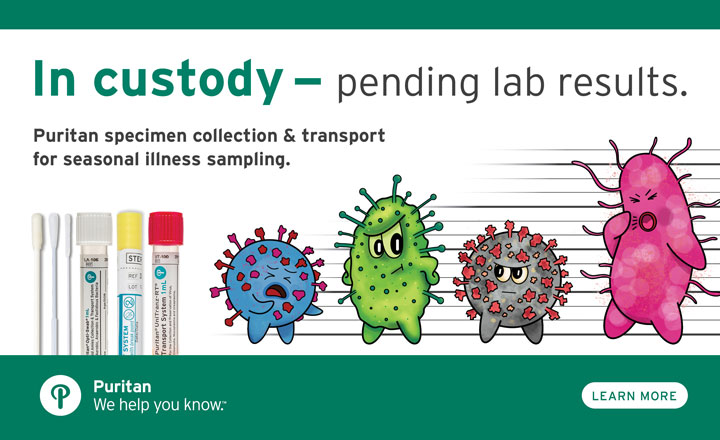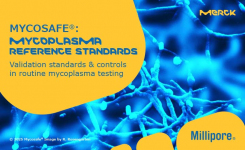At least five EU/EEA countries have detected the circulation of the SARS-CoV-2 variant sub-lineage BQ.1 during week 40, 2022. ECDC modelling forecasts predict that BQ1 and its sub-lineage BQ1.1 will become the dominant SARS-CoV2 strains in EU/EEA by mid-November to the beginning of December 2022. This will likely contribute to an increase in the number of COVID-19 cases in the coming weeks to months, according to an epidemiological update released today by the European Centre for Disease Prevention and Control (ECDC).
Preliminary laboratory studies in Asia indicate that BQ.1 has the ability to considerably evade the immune system response. However, according to the limited data currently available there is no evidence of BQ.1 being associated with increased infection severity compared to the circulating Omicron variants BA.4/BA.5.
“Countries should remain vigilant for signals of BQ.1 emergence and spread, and maintain sensitive and representative testing” said Andrea Ammon, ECDC Director. “Countries should continue to monitor COVID-19 case rates, especially in people aged 65 and older. Severity indicators such as hospitalisations, intensive care unit admissions and occupancy, and deaths should be monitored as well.”
Improving COVID-19 vaccine uptake of the primary course and first booster dose in populations who are yet to receive them remains a priority. It is expected that additional booster doses will be needed for those groups most at risk of severe disease, such as adults over 60 years, immunocompromised individuals, those with underlying medical conditions, and pregnant women.
The EU/EEA countries with the highest proportions reported for samples collected in week 40 are France (19%), Belgium (9%), Ireland (7%), The Netherlands (6%), and Italy (5%). The current proportions are not high enough for the variant to already have had a noticeable impact on the epidemiological situation in the affected countries. ECDC is asking EU/EEA Member States to continuously share available information on these variants to inform risk assessments in the coming weeks.























